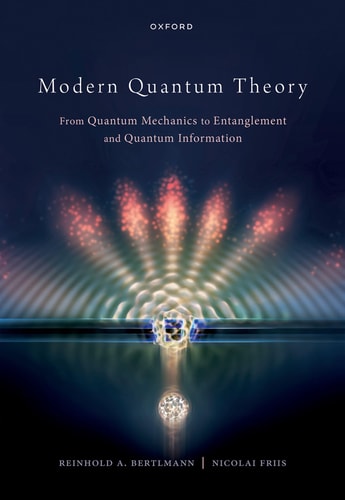

Most ebook files are in PDF format, so you can easily read them using various software such as Foxit Reader or directly on the Google Chrome browser.
Some ebook files are released by publishers in other formats such as .awz, .mobi, .epub, .fb2, etc. You may need to install specific software to read these formats on mobile/PC, such as Calibre.
Please read the tutorial at this link: https://ebookbell.com/faq
We offer FREE conversion to the popular formats you request; however, this may take some time. Therefore, right after payment, please email us, and we will try to provide the service as quickly as possible.
For some exceptional file formats or broken links (if any), please refrain from opening any disputes. Instead, email us first, and we will try to assist within a maximum of 6 hours.
EbookBell Team

5.0
20 reviewsSuitable for undergraduate students in physics and related subjects who encounter quantum mechanics for the first time, this book also serves as a resource for graduate students who want to engage with more advanced topics, offering a collection of derivations, proofs, technical methods, and references for graduate students and more experienced readers engaged with teaching and active research.
The book is divided into three parts: Part I - Quantum Mechanics, Part II - Entanglement and Non-Locality, and Part III - Advanced Topics in Modern Quantum Physics. Part I provides a modern view on quantum mechanics, a central topic of theoretical physics. Part II is dedicated to the foundations of quantum mechanics and entanglement: starting with density operators, hidden-variable theories, the Einstein-Podolsky-Rosen Paradox, and Bell Inequalities, but also touching upon philosophical questions, followed by a deeper study of entanglement-based quantum communication protocols like teleportation, before giving a detailed exposition of entanglement theory, including tools for the detection and quantification of entanglement. Part III is intended as a collection of standalone chapters to supplement the contents of Parts I and II, covering more advanced topics such as classical and quantum entropies, quantum operations